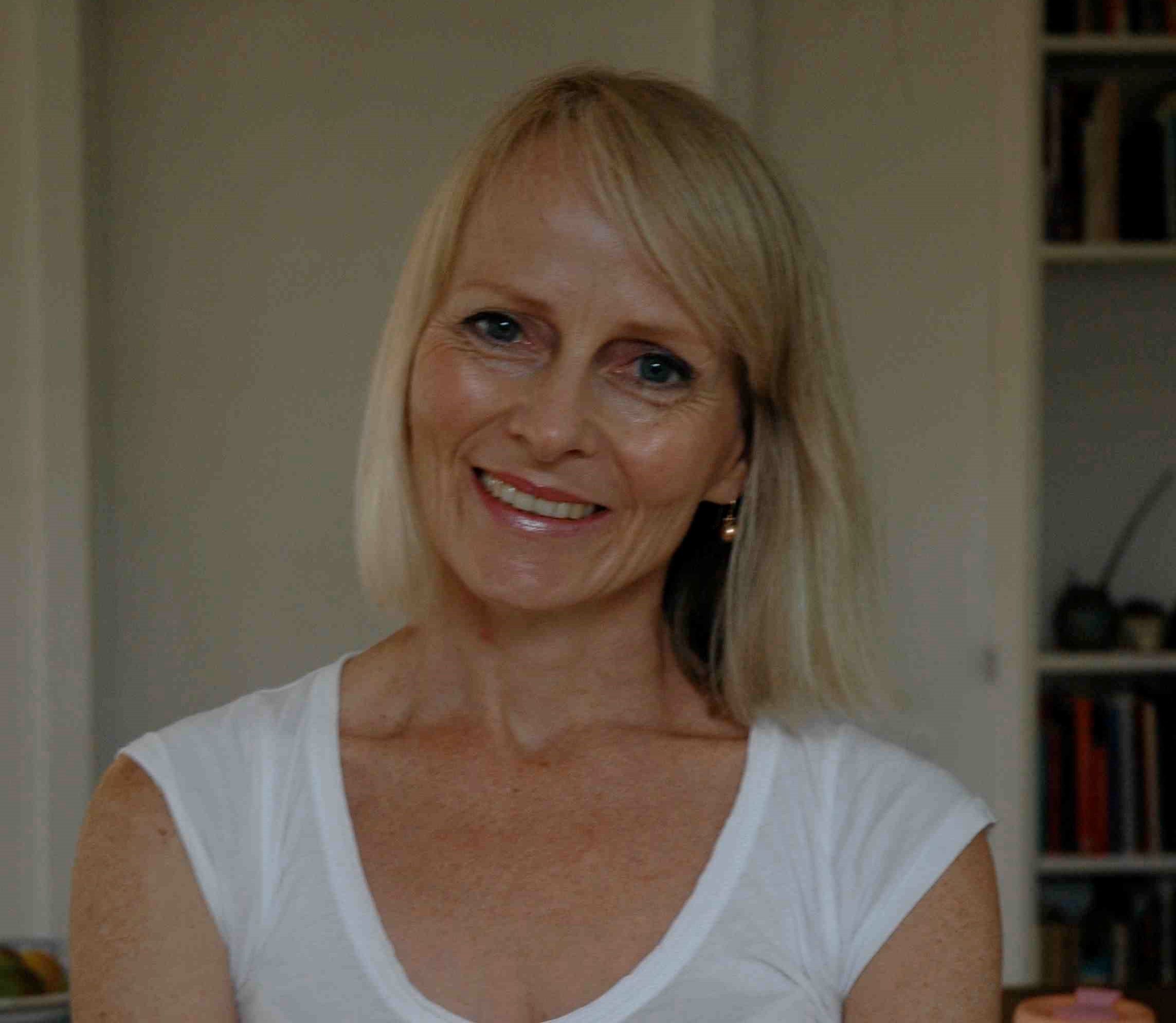
Several years ago I came across the work of the great American screenwriter, David Milch. He’s probably better known for his work on NYPD Blue, but it was his extraordinary series Deadwood (2004–2006) that caught my attention. Set in the gold rush town of Deadwood, South Dakota – a cesspool of crime and corruption – and peopled by a rich cast of characters, its grand themes are the forces that people are subject to and the ways that people build societies despite these. It’s the town’s inhabitants that I watch it for, and for the dialogue that so perfectly reveals each of them.
These lines from two minor characters for instance:
- Merrick, the town newspaperman. Who would argue that the venue was the cause of these happy memories, nor the bill of fare? The bitter coffee, the rancid bacon, those stale biscuits that were tomb and grave to so many insects. No, gentlemen, it was the meandering conversation, the lingering with men of character…that was such a pleasure to experience, and such a joy now to recall.
- E.B. Farnum, the town mayor (like someone from Dickens, instantly recognisable as the child always left out, now grown). The bald contempt of it. Why not come out five abreast, cavorting and taunting – “E.B. was left out. E.B. was left out.” [swearing] I’ll make you filthy gestures. Public service was never my primary career.
As James Wood, book critic at The New Yorker and author of How Fiction Works, says: “We can tell a great deal from a character by how he talks, and whom he talks to – how he bumps up against the world.”
Writing fiction is not, of course, the same as writing a screenplay, but I believe in cross pollination and went searching to see if I could discover Milch’s writing process. It turns out that for him writing is a vocation, almost a spiritual act, and one that requires discipline. There are two writing exercises he recommends, the second of which relates specifically to character. The exercise below is an adaptation of this, one I use at the beginning of a writing project especially, but at other times too when the writing gets stuck.
The Workout
Find a time each day – preferably the same time – and sit down and write for 20–50 minutes. Don’t set it up on a computer and don’t think about what you’re going to write before you do it. No exceptions. This is a pure dialogue exercise, with no setting or descriptions, just the voices of two characters from a fiction that you are working on talking to each other. Don’t worry about what they’re talking about. Don’t make them talk to fit a scene that you’re working on, just let them talk to each other.
There is a degree of trust in this process. You have to believe that your characters will stop uttering inanities (unless the character is utterly inane), and will start to reveal themselves, the things they care about, and the dynamic between them. I like to think of it this way: you are not so much carving these people out of stone, as standing at the side of a murky, algae infested pond watching as they rise to the surface, their features and motivations gradually becoming clearer. Your conscious self, in the early getting-to-know-your-characters phase, is the algae. If you know your characters, can hear their voices, everything in your writing will go better, especially in early drafts.
Milch advises sealing this writing in an envelope each day, and putting it away. Also, he says, don’t talk about it or think about it or show anyone. The aim is to create changes in your neurological pathways, habituate yourself to a different way of writing by turning off the inner critic. Honesty compels me to say that the envelope thing requires a level of organisation that’s not my best thing. I use my usual notebook, and apart from looking back to the writing of a week before once or twice, follow Milch’s instructions fairly closely.
You might or might not use the conversations in your fiction; that’s not the point of writing them though. This is about process rather than product, and as well as discovering character will help with the rhythm of your dialogue. Your time – I hope – will not have been wasted.
See Deadwood’s Wikiquote for some memorable exchanges. A warning, though: Deadwood’s not for everyone. The characters are famously foul-mouthed. Go with it.
About Lucy Treloar
Lucy Treloar is a writer, editor, and creative writing teacher. Her short fiction has appeared in ‘Sleepers’, ‘Overland’, ‘Seizure’, and ‘Best Australian Stories’ and her non-fiction in a range of publications. Her novel ‘Salt Creek’ was published in 2015. Lucy’s awards include the 2016 Indie Award for Best Debut Fiction and the 2014 Commonwealth Short Story Prize, Pacific region. ‘Salt Creek’ is shortlisted for the Walter Scott Prize, and shortlisted for the Miles Franklin Award.
Update: Join Lucy for a series of four workshops on Setting and Character in September 2016!
